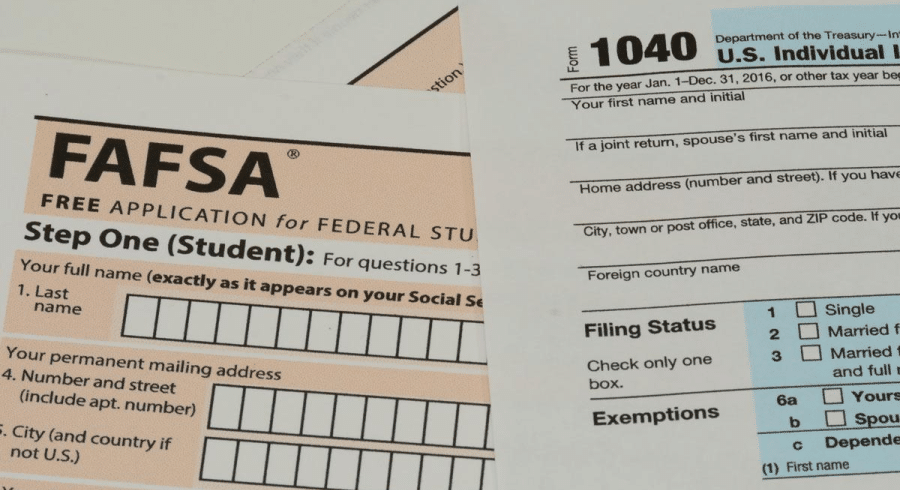Unconscious, self-sabotaging impulses of investors and how to spot your own
Did you know that humans are twice as concerned about avoiding losses as they are about achieving investing gains?
That means investment losses hurt a lot.
You’ve probably heard that the worst thing you can do during a downturn is sell, but did you know the psychology behind that impulse? It’s called loss aversion.
It’s one of the reasons why people can sabotage their investments by selling when they get scared, missing the recovery, and then buying back in once they feel “safe” again.
Understanding and leveraging human psychology is one of my most important jobs as an adviser.
My approach uses the Risk Number®, based on Nobel Prize-winning research. Together we can quantify how much risk you want, how much risk you currently have, how much risk you need to reach your goals, and how much risk you should take on.
Your Risk Number® is like a speed limit. Some people are comfortable driving fast while others want to go slower.
I’d like to help you determine your comfort zone and use it to manage your investments so you can rest assured that your investment strategy truly reflects your Risk Number®.
Risk Disclosures: Investing involves risk including the potential loss of principal. No investment strategy can guarantee a profit or protect against loss in periods of declining values. Past performance does not guarantee future results. This material is for information purposes only and is not intended as an offer or solicitation with respect to the purchase or sale of any security. The content is developed from sources believed to be providing accurate information; no warranty, expressed or implied, is made regarding accuracy, adequacy, completeness, legality, reliability or usefulness of any information. Consult your financial professional before making any investment decision. For illustrative use only. Investing involves risk including the potential loss of principal. No investment strategy can guarantee a profit or protect against loss in periods of declining values. Past performance does not guarantee future results. The S&P 500 is an unmanaged composite index considered to be representative of the U.S. stock market in general. All index returns exclude reinvested dividends and interest. Past performance is no guarantee of future results. Indices are unmanaged and cannot be invested into directly. For illustrative purposes only.








